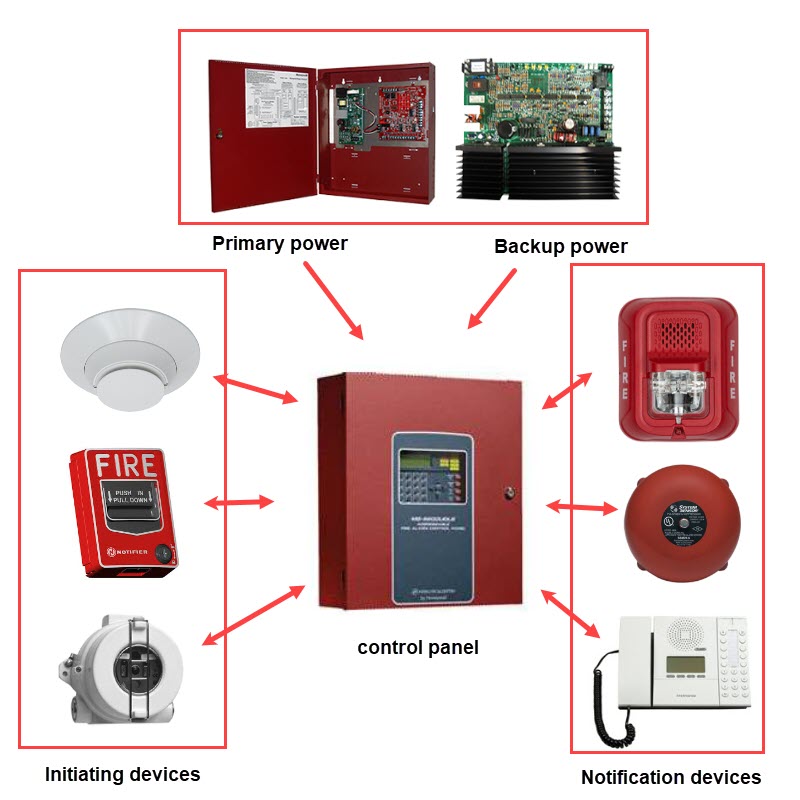Maximizing Savings: Federal Tax Benefits for Solar Panels


Maximizing Savings: Federal Tax Benefits for Solar Panels
The decision to invest in solar panels not only contributes to a sustainable future but also brings substantial financial benefits, particularly through federal tax incentives. Understanding and leveraging these tax benefits can significantly enhance the overall return on investment for homeowners and businesses alike. In this article, we explore the federal tax advantages associated with solar panel installations.
Federal Investment Tax Credit (ITC)
The cornerstone of federal tax benefits for solar panels is the Investment Tax Credit (ITC). This incentive allows individuals and businesses to deduct a significant percentage of their solar installation costs from their federal income taxes. As of the latest information, the ITC provides a credit of 26% of the total solar system costs for installations initiated before the end of 2022. This percentage is set to decrease to 22% for installations starting in 2023.
Qualifying for the ITC
To qualify for the Investment Tax Credit, homeowners and businesses must meet certain criteria. The solar panel system must be installed in the taxpayer’s primary or secondary residence in the case of individuals, and on the property of a business for commercial installations. Additionally, the system must meet the performance and safety standards set by the government, emphasizing the importance of using certified and reputable solar installers.
Claiming the Federal Solar Tax Credit
Claiming the federal solar tax credit is a straightforward process. Taxpayers need to complete IRS Form 5695, Residential Energy Credits, and include it when filing their federal income tax returns. This form calculates the credit based on the qualified expenses related to solar panel installation. It’s advisable to consult with a tax professional to ensure accurate completion of the form and to explore any additional state-level incentives that may be available.
Bonus Depreciation for Businesses
Businesses investing in solar panel installations can benefit from additional tax incentives beyond the ITC. Through the Bonus Depreciation provision, businesses can deduct a percentage of the solar system’s cost as accelerated depreciation in the year the system is placed in service. This provides an immediate financial advantage, allowing businesses to recoup a portion of their investment sooner.
Section 179 Deduction
Under Section 179 of the tax code, businesses may be eligible for a deduction for the full purchase price of qualifying solar energy equipment. This deduction is particularly beneficial for small to medium-sized businesses looking to offset their taxable income. Like the ITC, the Section 179 Deduction serves as a powerful tool for making solar panel installations financially attractive for businesses.
Future Extensions and Legislative Updates
The federal tax benefits for solar panels have historically been subject to extensions and updates through legislative actions. Advocacy efforts for clean energy and sustainability may lead to further extensions or enhancements of these incentives. Staying informed about legislative developments and engaging with industry organizations can help individuals and businesses maximize their solar-related tax benefits.
Financial Impact and Return on Investment
Understanding the financial impact of federal tax benefits is crucial for accurately assessing the return on investment (ROI) for solar panel installations. The combination of the ITC, Bonus Depreciation, and Section 179 Deduction can result in substantial upfront savings and a quicker payback period. This financial attractiveness makes solar energy a viable and competitive option for many individuals and businesses.
Environmental and Economic Benefits
Beyond the financial advantages, federal tax benefits for solar panels contribute to both environmental and economic sustainability. By incentivizing the adoption of clean energy, the government plays a role in reducing greenhouse gas emissions and promoting a transition to renewable energy sources. Simultaneously, the financial benefits stimulate economic growth, job creation, and the development of a robust solar industry.
Public Support for Solar Incentives
Federal tax incentives for solar panels enjoy widespread public support, reflecting the growing awareness of the importance of renewable energy. These incentives align with national and global efforts to combat climate change and transition towards a more sustainable energy future. Public advocacy for the extension and expansion of these incentives remains influential in shaping energy policy.
To explore more about Federal Tax Benefits for Solar Panels, visit ctproductsandservices.com. Maximizing your savings through federal tax incentives is a crucial step in making solar energy an accessible and financially advantageous choice for a brighter and greener future.







